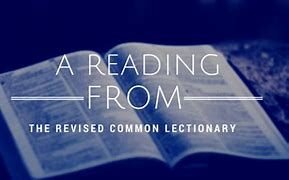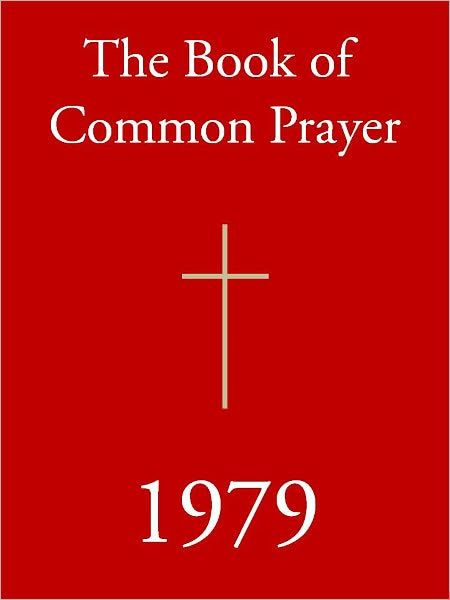Sunday, June 22, 2025
Second Sunday After Pentecost

The Lessons Appointed for the
The Second Sunday After Pentecost
The Collect
O Lord, make us have perpetual love and reverence for your holy Name, for you never fail to help and govern those whom you have set upon the sure foundation of your loving-kindness; through Jesus Christ our Lord, who lives and reigns with you and the Holy Spirit, one God, for ever and ever. Amen.
The Readings

Service Schedule
06/22/25 Antecommunion
Rite 2 at 9 a.m.
Officiant: Sandy Sladowski
06/29/25 Holy Eucharist
Rite 2 at 9 a.m.
Officiant: Fr. Mary Shortt.
07/06/25 Antecommunion
Rite 2 at 9 a.m.
Officiant: Lorna MacDonald
07/13/25 Holy Eucharist
Rite 2 at 9 a.m.
Officiant: Fr. Mary Short
07/20/25 Antecommunion
Rite 2 at 9 a.m.
Officiant: Dale Kaufman
07/27/25 Holy Eucharist
Rite 2 at 9 a.m.
Officiant: Fr. Mary Shortt
08/03/25 Antecommunion
Rite 2 at 9 a.m.
Officiant: Jacquie Ebelt
08/10/25 Holy Eucharist
Rite 2 at 9 a.m.
Officiant: Fr. Mary Shortt.
08/17/25 Antecommunion
Rite 2 at 9 a.m.
Officiant: Sandy Sladowski
08/24/25 Holy Eucharist
Rite 2 at 9 a.m.
Officiant: Fr. Mary Shortt.
08/31/25 Antecommunion
Rite 2 at 9 a.m.
Officiant: Lorna MacDonald
We need your consent to load the translations
We use a third-party service to translate the website content that may collect data about your activity. Please review the details in the privacy policy and accept the service to view the translations.
